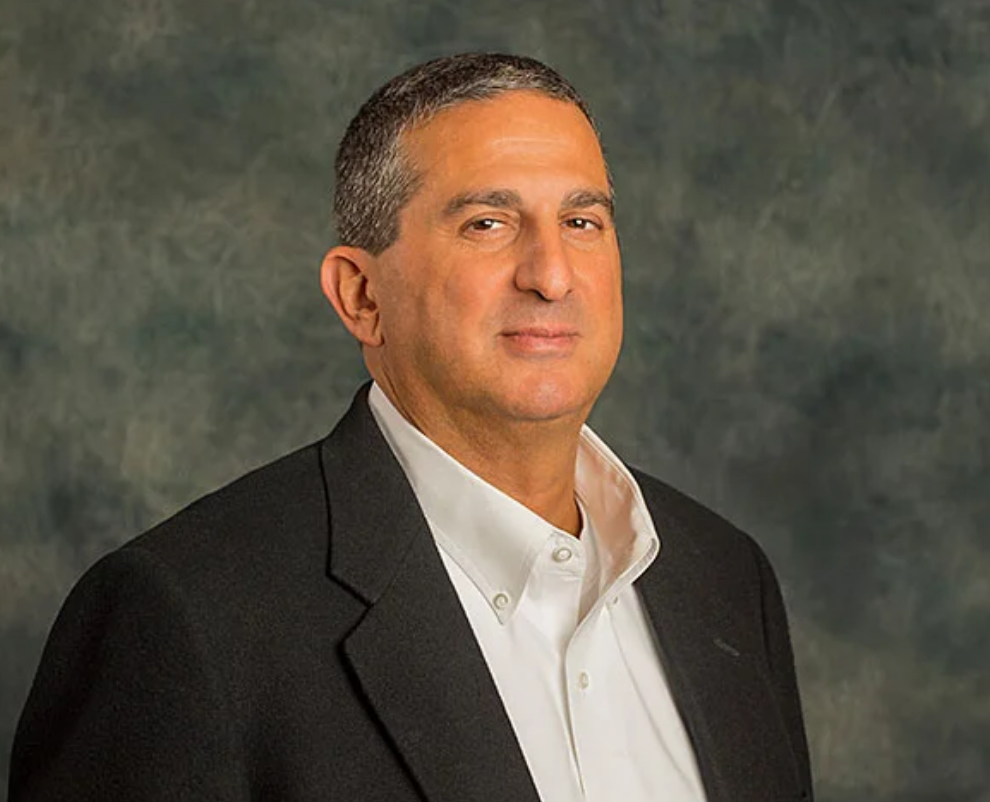Why Daily Linen Changing Should Be the Default Option

The following article by Joseph Ricci recently appeared on Hotel Business.
Because COVID-19 is such a recent phenomenon it’s difficult to weigh factors and build equations to solve the mysteries of how to fight the virus in indoor and outdoor environments. We need more experience with it so we can analyze it better. In the meantime, avoidance of contact is the popular answer. For hotel and lodging housekeeping, this has manifested in the presumption that staff should stay out of guestrooms as much as possible during multi-night stays, an anathema to hospitality.
TRSA, the association for linen, uniform and facility services, recognizes that not all guests want their linens changed daily, especially with the uncertainty about how the virus spreads. But it should be guests’ choice, like “green” initiatives, whether to have their rooms cleaned. It should be a mandated policy to ask them if they prefer standard cleaning services.
Following OSHA universal precautions in daily changing should alleviate concern for housekeeper safety. These include providing appropriate personal protective equipment (PPE) and presuming all linens, uniforms, garments and other textiles are contaminated.
Guests returning to hotels benefits the entire industry, from hoteliers, to food service and even commercial laundries. Attracting guests back to properties will require reducing concerns such as cleanliness of the property, rooms and linens. Guests cannot be effectively served unless staff enters their rooms each day before they check out. They pay for a clean room every day, making it hoteliers’ responsibility to ensure their floors, bathrooms and furniture are clean. They expect cleanup of their little messes like full trash cans, towels left on furniture, used dining plates, empty glasses and remnant water in ice buckets. While failure to mitigate these likely does not result in high contamination risk, such avoidance infers that cleanliness is not a management priority.
It has long been appreciated that guests pay for cleanliness and long understood that ensuring bed and bath linens are as hygienic as possible requires changing them daily with clean replacements. Linens are easiest to clean when they are washed the same day they are taken from a room. TRSA announced a Hotel Safety Guidance in May calling for such dedication. TRSA’s provisions extend the StaySafe cleaning standards of the American Hotel & Lodging Association released earlier in the month.
Universal precautions prevent contact with blood or other potentially infectious materials such as other body fluids or unfixed body tissue. This includes tactics to separate higher-risk soiled textiles (stained, harboring needles for medical injection) to minimize employees’ handling risk. Also:
- Use reusable face masks that meet U.S. Centers for Disease Control and Prevention (CDC) guidelines; replace disposable gloves often throughout an employee’s shift.
- If possible, do not shake soiled linen. This will minimize the possibility of dispersing the virus through the air.
- Carts and vehicles used to carry both soiled and clean linen must be properly sanitized after unloading and before reloading with cleaned goods. Clean linen must be properly covered during transport.
Other key points in the TRSA guidance:
- Staff should be given hygienically cleaned, commercially laundered uniforms and garments including front-of-the-house and back-of the house employees, as well as any food service staff, to wear throughout their shift.
- Research verifies the superior cleanliness and public preference for professional laundering of workwear. They should not be washed at home. Instead, they should be left at the hotel to be commercially laundered. A clean uniform or garment should be given out at the start of each employee’s shift, replacing the clothes in which they commuted to the hotel.
- Hygienically cleaned tablecloths, placemats and napkins should be used in hotel restaurants to reduce or eliminate disease transmission by touch. Replacing tablecloths between seating ensures a clean and safe table.
- Studies have shown tables with tablecloths are at least 5 times cleaner than tables left bare.
- These products can also identify the tables to be used for social separation. Placemats can accomplish a similar result by seating guests further apart at the same table or counter. Hygienically Clean Hospitality certification standards for hotel laundries minimize contamination risk.
- Hand-sanitizer dispensers should be placed throughout the hotel for guests and staff to use.
- Commercial cleaning solutions should be used on all hard surfaces throughout the day, including entryway door handles, kitchen area and bathrooms.
- All surfaces within a laundry, including floors, should be cleaned daily, or more often if they become soiled. Daily cleaning of linen folding tables is also recommended. Using an approved disinfectant is recommended.
These management practices intend to ensure guests and employees remain safe and comfortable by raising lodging facility cleanliness standards. The demise of daily housekeeping is a step down in this respect. Bucking this trend contributes heavily to demonstrate hotel management’s greater-than-ever commitment to hygiene, an investment required to increase consumer confidence and foster economic recovery.
Joseph Ricci has been the CEO of TRSA since 2010, responsible for executive management and financial performance of this association that facilitates its members’ growth in the $40-billion U.S. linen, uniform and facility services market.
This is a contributed piece to Hotel Business, authored by an industry professional. The thoughts expressed are the perspective of the bylined individual.

Comments